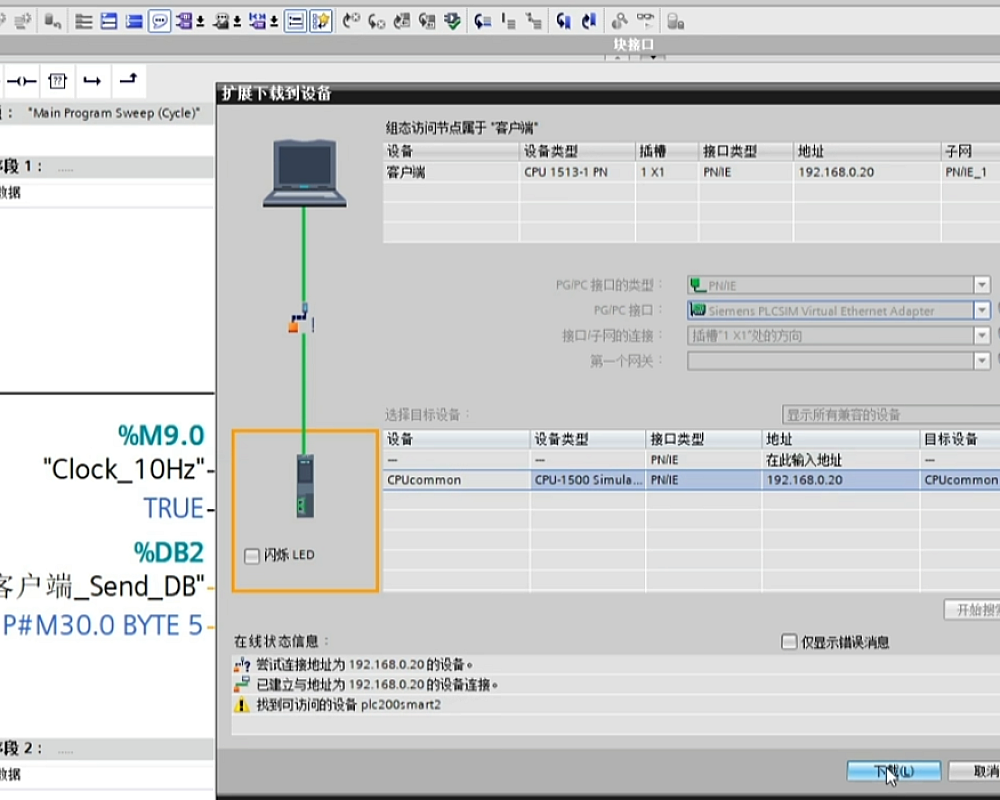namespace 匿名方法
{
class Program
{
static void Main(string[] args)
{
#region 匿名方法和lambda表达式
/*
//无参数无返回值的一个匿名方法
MyDelegate md = delegate ()
{
Console.WriteLine("hello");
};
md();
//有参数无返回值的一个匿名方法
MyDelegate1 md1 = delegate (string msg)
{
Console.WriteLine(msg);
};
md1("world");
//有返回值有多个参数的匿名函数
MyDelegate2 ad = delegate (int n, int n2)
{
return n + n2;
};
int res = ad(12, 32);
Console.WriteLine(res);
*/
////没有参数没有返回值的方法使用lambda表达式
//MyDelegate md = () => { Console.WriteLine("Lambda表达式"); };
//md();
////有1参数没有返回值的方法使用lambda表达式
//MyDelegate3 md = num => { Console.WriteLine(num); };
//md(5);
////有返回值有多个参数的lambda表达式
//MyDelegate2 md = (x, y) => { return x + y; };
//int res = md(2, 3);
//Console.WriteLine(res);
////参数可变的lambda表达式
//AddDelegate ad = (arr) =>
//{
// for (int i = 0; i < arr.Length; i++)
// {
// Console.WriteLine(arr[i]);
// }
// return arr.Sum();
//};
//int x = ad(1,2,3,4,54);
//Console.WriteLine("求和结果为:"+x);
//Console.ReadKey();
#endregion
#region 泛型委托,Action, Action<> ,Func
////1 需要保存一个无参数,无返回值的方法,系统自带
//Action ac1 = new Action(M1);
//ac1();
//Console.ReadKey();
//2 需要保存多个不同类型参数,没有返回值的泛型方法
//MyGenericDelegate<string> md = M1;
//md("hello");
//Console.ReadKey();
//MyGenericDelegate<int > md = M1;
//md(12);
//Console.ReadKey();
//Action委托,的非泛型版,就是一个无参数,无返回值的的委托
//Action的泛型版本,就是一个无返回值,但是参数可变的委托。
//Action<string> md = M1; //M1函数自己写
//md("hello");
//Console.ReadKey();
////Lambda Action<>泛型,传参就可以了,不用自己写类似M1函数
//Action<string> md = m => { Console.WriteLine(m); };
//md("hello");
////Lambda Action<>泛型,传参就可以了,不用自己写类似M1函数
//Action<int, int,int,int,int> a2 = (x, y,z,w,h) => { Console.WriteLine(x+y+z+w+h); };
//a2(2, 5,8,9,12);
////Lambda Action<>泛型,传参就可以了,不用自己写类似M1函数
//Action<char, int, string, int, double> a2 = (x, y, z, w, h) => { Console.WriteLine(x.ToString() + y + z.ToString() + w + (double)h); };
//a2('w', 5, "字符串", 9, 1.2);
//Console.ReadKey();
////Func委托只有一个泛型版,没有非泛型版本的。
//Func<string>如果有一个参数则就是返回值
//Func<int,string>则第一个int是参数,最后string是返回值 ,依次类推。
//Func<int, int, int, int, int> aa = M3; //M3 函数自己写
//int res = aa(2,3,4,4);
//Console.WriteLine(res);
//Console.ReadKey();
////Lambda Func<>
//Func<int> f = () => { return 100; };
//int res = f();
//Console.WriteLine(res);
//Console.ReadKey();
////Lambda Func<>
// Func<int, int, int> Fd = (a, b) => { return a + b; };
//int res = Fd(2, 3);
// Console.WriteLine(res);
// Console.ReadKey();
#endregion
#region 使用Lambda表达式
List<int> lst = new List<int>() { 1, 2, 5, 6, 43, 4, 22, 4, 65, 75, 23 };
IEnumerable<int> ie = lst.Where(x => { return x > 10; });
foreach (var item in ie)
{
Console.WriteLine(item);
}
Console.ReadKey();
#endregion
}
static int M3(int a,int b,int c ,int d)
{
return a + b + c + d;
}
static void M1(int m)
{
Console.WriteLine(m);
}
static void M1(string msg)
{
Console.WriteLine(msg);
}
static void M1()
{
Console.WriteLine("Hello world");
}
}
//声明委托
public delegate int AddDelegate(params int[] arr);
public delegate int MyDelegate2(int n1,int n2);
public delegate void MyDelegate1(string msg);
public delegate void MyDelegate();
public delegate void MyDelegate3(int num);
//声明一个泛型委托
public delegate void MyGenericDelegate<T>(T args);
}






